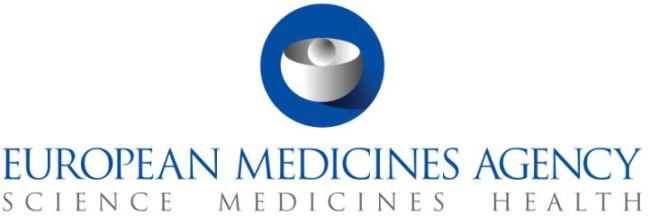Europe approves Lantus biosimilar developed by MSD
European Medicines Agency approves MSD’s Lusduna developed with partial funding from Samsung Bioepis
By Sohn Ji-youngPublished : Jan. 25, 2017 - 15:11
The European Medicines Agency has granted official sales approval to a new Lantus biosimilar developed by US-based Merck Sharp & Dohme with partial funding from Samsung Bioepis.
The European drug regulator approved MSD’s Lusduna -- a biosimilar drug referencing Lantus (insulin glargine), an insulin-based diabetes treatment originally developed by Sanofi -- on Jan. 4.
It is the second Lantus biosimilar to be approved by the EMA after Eli Lilly’s Basaglar, another biosimilar referencing Sanofi’s top-selling diabetes drug.

Lusduna, also known as MK-1293, was developed by MSD with Samsung Bioepis contributing to the drug’s development as an investment partner.
The EMA’s approval clears the way for MSD to commercialize its Lantus biosimilar in Europe, one of the world’s biggest markets for cell-based biologic drugs alongside the US.
Biosimilars refer to cheaper, near-replicas of biologic drugs whose patents have expired. Sanofi’s formulation patent on Lantus, the company’s best-selling product, expired in Europe and the US in 2015.
In addition to Europe, MSD has sought to launch its Lantus biosimilar in the US market as well. The drug was accepted for review by the US Food and Drug Administration back in August 2016.
However, MSD may not be able to immediately commercialize its Lantus biosimilar in the US even if the FDA approves the drug, as it is engaged in an ongoing litigation with Sanofi over patents involving Lantus.
Sanofi sued MSD in the US District Court of Delaware in September last year, alleging that MSD infringed on as many as 10 patents held by Sanofi for its blockbuster drug Lantus. The case has yet to reach a settlement.
By Sohn Ji-young (jys@heraldcorp.com)
The European drug regulator approved MSD’s Lusduna -- a biosimilar drug referencing Lantus (insulin glargine), an insulin-based diabetes treatment originally developed by Sanofi -- on Jan. 4.
It is the second Lantus biosimilar to be approved by the EMA after Eli Lilly’s Basaglar, another biosimilar referencing Sanofi’s top-selling diabetes drug.

Lusduna, also known as MK-1293, was developed by MSD with Samsung Bioepis contributing to the drug’s development as an investment partner.
The EMA’s approval clears the way for MSD to commercialize its Lantus biosimilar in Europe, one of the world’s biggest markets for cell-based biologic drugs alongside the US.
Biosimilars refer to cheaper, near-replicas of biologic drugs whose patents have expired. Sanofi’s formulation patent on Lantus, the company’s best-selling product, expired in Europe and the US in 2015.
In addition to Europe, MSD has sought to launch its Lantus biosimilar in the US market as well. The drug was accepted for review by the US Food and Drug Administration back in August 2016.
However, MSD may not be able to immediately commercialize its Lantus biosimilar in the US even if the FDA approves the drug, as it is engaged in an ongoing litigation with Sanofi over patents involving Lantus.
Sanofi sued MSD in the US District Court of Delaware in September last year, alleging that MSD infringed on as many as 10 patents held by Sanofi for its blockbuster drug Lantus. The case has yet to reach a settlement.
By Sohn Ji-young (jys@heraldcorp.com)










![[Hello India] Hyundai Motor vows to boost 'clean mobility' in India](http://res.heraldm.com/phpwas/restmb_idxmake.php?idx=644&simg=/content/image/2024/04/25/20240425050672_0.jpg&u=)








